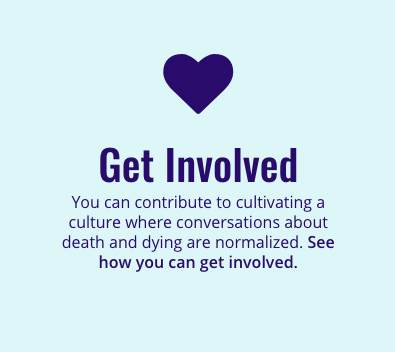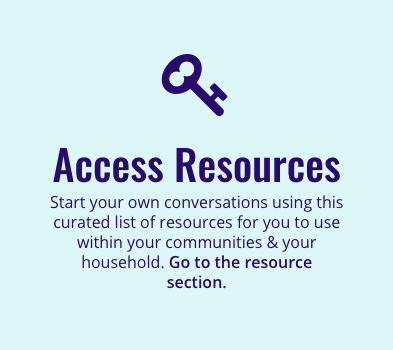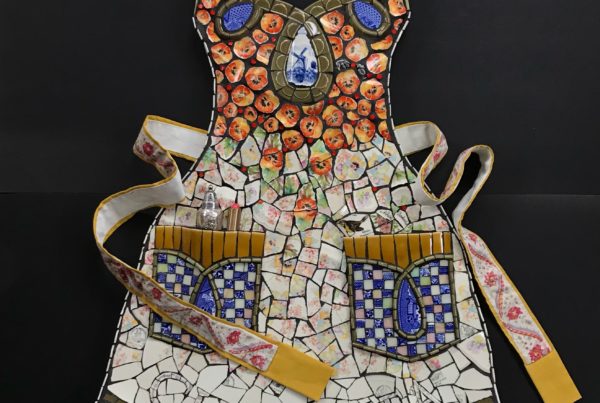 Over the past nine months, as many of us have been working from home amid the COVID-19 pandemic, we’ve spent more time with our pets than ever before: They lay next to us as we type. They alert us anytime there’s a noise in our neighborhood. They even make occasional appearances in our Zoom calls.
Over the past nine months, as many of us have been working from home amid the COVID-19 pandemic, we’ve spent more time with our pets than ever before: They lay next to us as we type. They alert us anytime there’s a noise in our neighborhood. They even make occasional appearances in our Zoom calls.
As my 14-year-old cat has started to slow down and become much less active than he once was, it got me thinking: What constitutes dying well for our beloved pets? How can we help them exit gracefully when the time comes? What types of support exist for both pets and pet owners?
I recently sat down (virtually) with registered nurse Paula Sallmen to learn about a unique nonprofit she founded to help pet owners like me navigate these very issues. The Twin Cities organization, Peaceful Passing for Pets, provides support to pet owners in the form of home hospice care and symptom management for pets with terminal conditions, grief support for the people that love them, and a wealth of online resources.
So what does “peaceful passing” look like? Typically, it means all members of a family—human and pet—are together, pet owners have been able to do the final things they wanted to do with their pet, and everyone feels good about the end-of-life care and memorial plans developed.
At the beginning of the year, Sallmen visited with a client couple and their two young children to help them make a plan for their dog Scooter, who had recently been diagnosed with soft tissue sarcoma. She asked about the family’s goals for Scooter’s final months, and she recalls the husband breaking down in tears and sharing that he felt guilty because he’d never found the time for the hunting expeditions he’d always intended to go on with Scooter. So the family made a plan for him to take Scooter hunting while the dog was still in a position to be able to enjoy it. The family decided they also wanted to have some nice photos taken with Scooter, so that became another part of the plan they developed. The family asked a myriad of questions that Sallmen explored with them: How do we know if Scooter is in pain? How do we talk to our kids about the dog’s death? What might help Scooter feel better in his final days?
I was particularly intrigued by the story of how Peaceful Passing for Pets came to be: When Sallmen was doing home hospice visits (for human patients) a few years back, one of her patients had a poodle who wasn’t allowed on his owners’ bed. As the patient’s cancer progressed and he became unresponsive, Sallmen went to his home every day—and the man’s dog was constantly at the side of his bed, keeping watch. One day, the dog tilted his head and uncharacteristically jumped up on the bed to lay beside the man. Within a few minutes, the man had died.
 The experience had a profound impact on Sallmen, a lifelong animal lover. She started thinking about how there ought to be a multi-disciplinary hospice program for pets that mirrored those for humans—one that allowed pets to die comfortably at home while supporting pet owners and providing an alternative to aggressive treatment or euthanasia. A couple of weeks later, she wrote a business plan and founded Peaceful Passing for Pets.
The experience had a profound impact on Sallmen, a lifelong animal lover. She started thinking about how there ought to be a multi-disciplinary hospice program for pets that mirrored those for humans—one that allowed pets to die comfortably at home while supporting pet owners and providing an alternative to aggressive treatment or euthanasia. A couple of weeks later, she wrote a business plan and founded Peaceful Passing for Pets.
“If you talk to pet owners, their pets are family members,” she told me. “What happens at the end of life impacts them forever.”
Here’s how Sallmen’s nonprofit works: A partner veterinary clinic refers the owner of a terminally ill pet to Peaceful Passing for Pets, which sends a trained care coordinator to the pet’s home to do an assessment of the pet and talk with the owner about their wishes for their pet. The care coordinator, who confers with the vet, helps the pet owner develop a care plan that includes the use of a quality-of-life scale and pain management assessment tool so the owner can measure the pet’s happiness and assess the pet’s well-being. Sometimes it’s a one-time visit, but often the care coordinator works with the owner throughout the pet’s final days or weeks. A chaplain and/or social worker are available to accompany the care coordinator in cases when the pet owner finds it beneficial.
Peaceful Passing for Pets currently has a partnership with the University of Minnesota Veterinary Medical Center through which it has been offering home hospice care to the center’s clients through a pilot project. The pilot has been put on hold since March because of COVID-19, but more veterinary clinics are ready to partner with Peaceful Passing for Pets when the pilot is completed.
Sallmen’s hope for all pet owners: “that they will have peace of mind and heart that they did their best in supporting their beloved pet at end of life—that their goodbye was a good one.”









